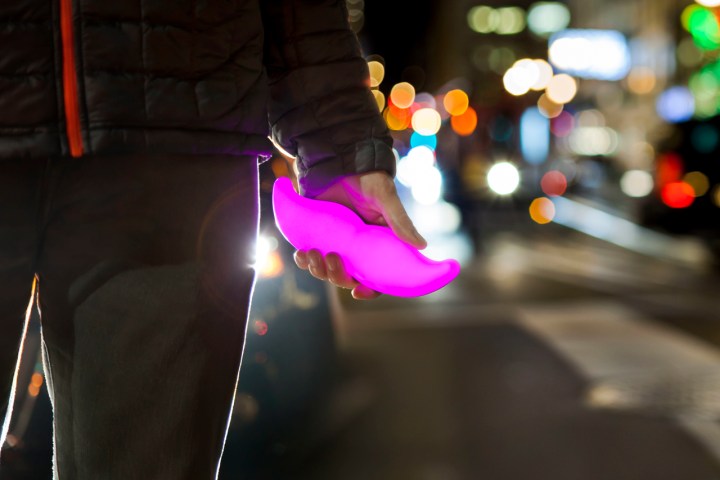
“It gives the drivers to control their schedule and think about what they’re going to do,” Tali Rapaport, Lyft’s VP of Product, told Business Insider. “We can now give certainty.”
This is the first time that a major player in the transportation space has offered such a feature to its workforce. Sure, a flexible schedule has always been heralded as something of a benefit of being a driver, but this new feature also allows for some order and regularity.
That is not the only new thing Lyft is offering. There is also a brand new driver app and “power zones” that promise bonuses on each and every trip. These power zones, as the name implies, are areas that will boost drivers’ earnings, because how many people really want to be driving around in Times Square in midday?
“…It helps us get drivers on the road when passengers really need them,” Rapaport said. “It kind of gives drivers control over what they’re making.”
Ultimately, Rapaport noted, “There isn’t going to be one silver bullet to make the experience better for drivers.” Rather, Lyft is hoping that a confluence of features will help convince drivers to have a preference working for the company.
Of course, these updates are good for the rider, too. Thanks to the new scheduled pickups, you can have drivers book your ride up to seven days in advance. And the power zones ought to send more drivers to areas that you are most eager to leave (or in some cases, get to).
The entirety of the new feature suite is expected to roll out to Lyft drivers over the summer.
Editors' Recommendations
- Lyft starts charging riders who keep drivers waiting
- Lyft, Uber to offer discounted rides to the polls on election day
- Uber and Lyft might adopt a franchise business model in California
- Uber and Lyft suspend carpool option to help prevent coronavirus spread
- Uber and Lyft face a cheaper ridesharing rival in New York City


